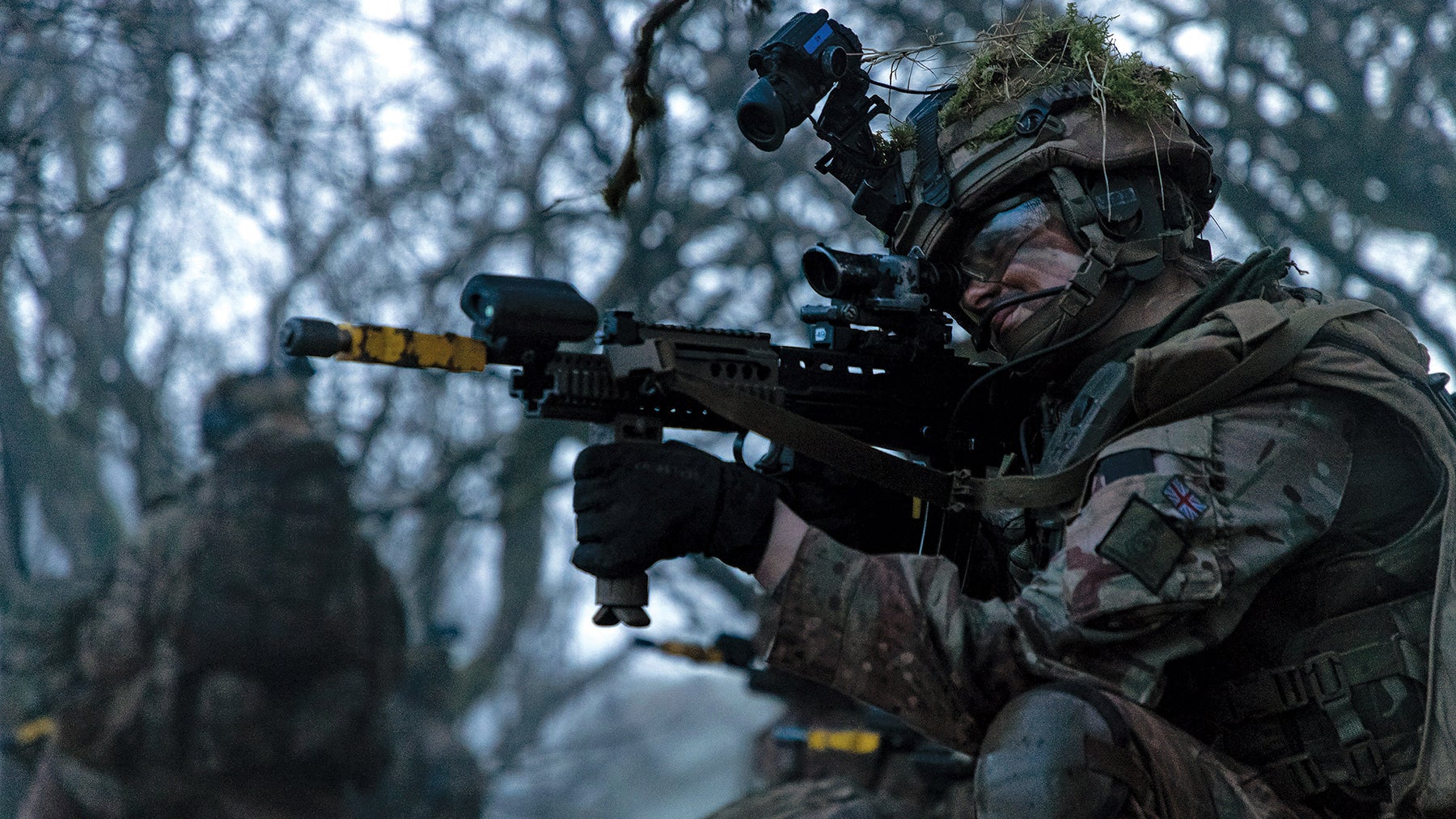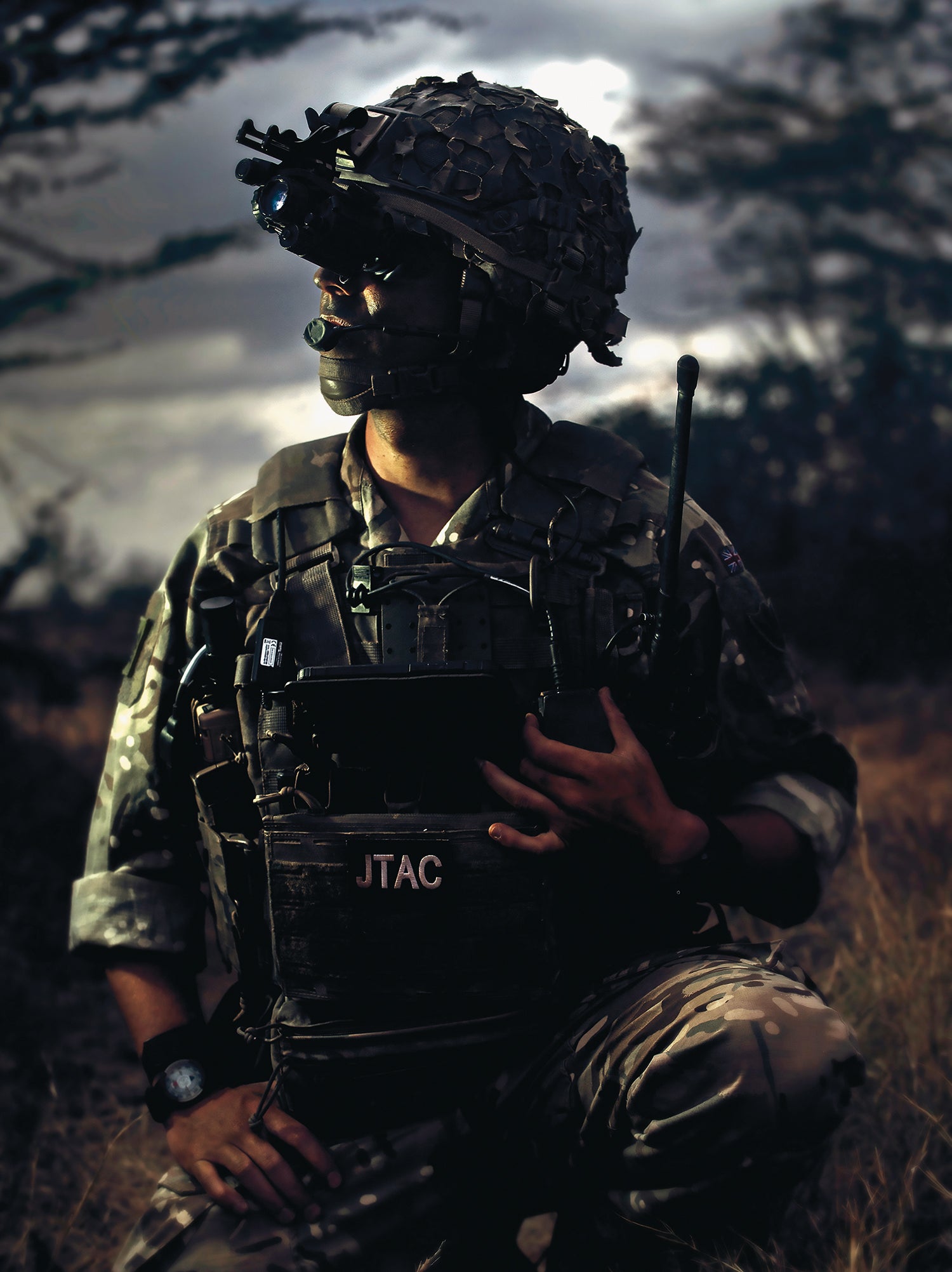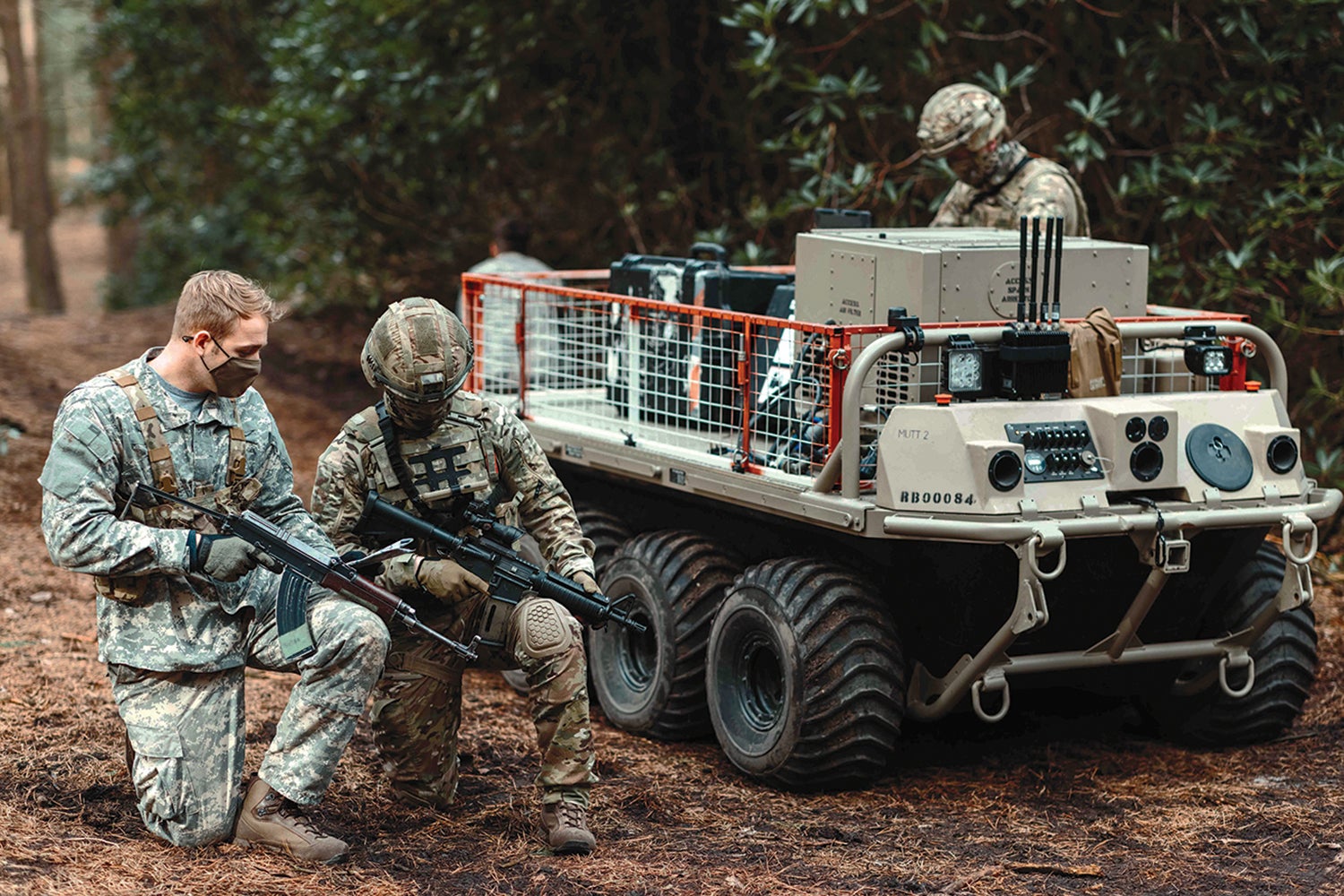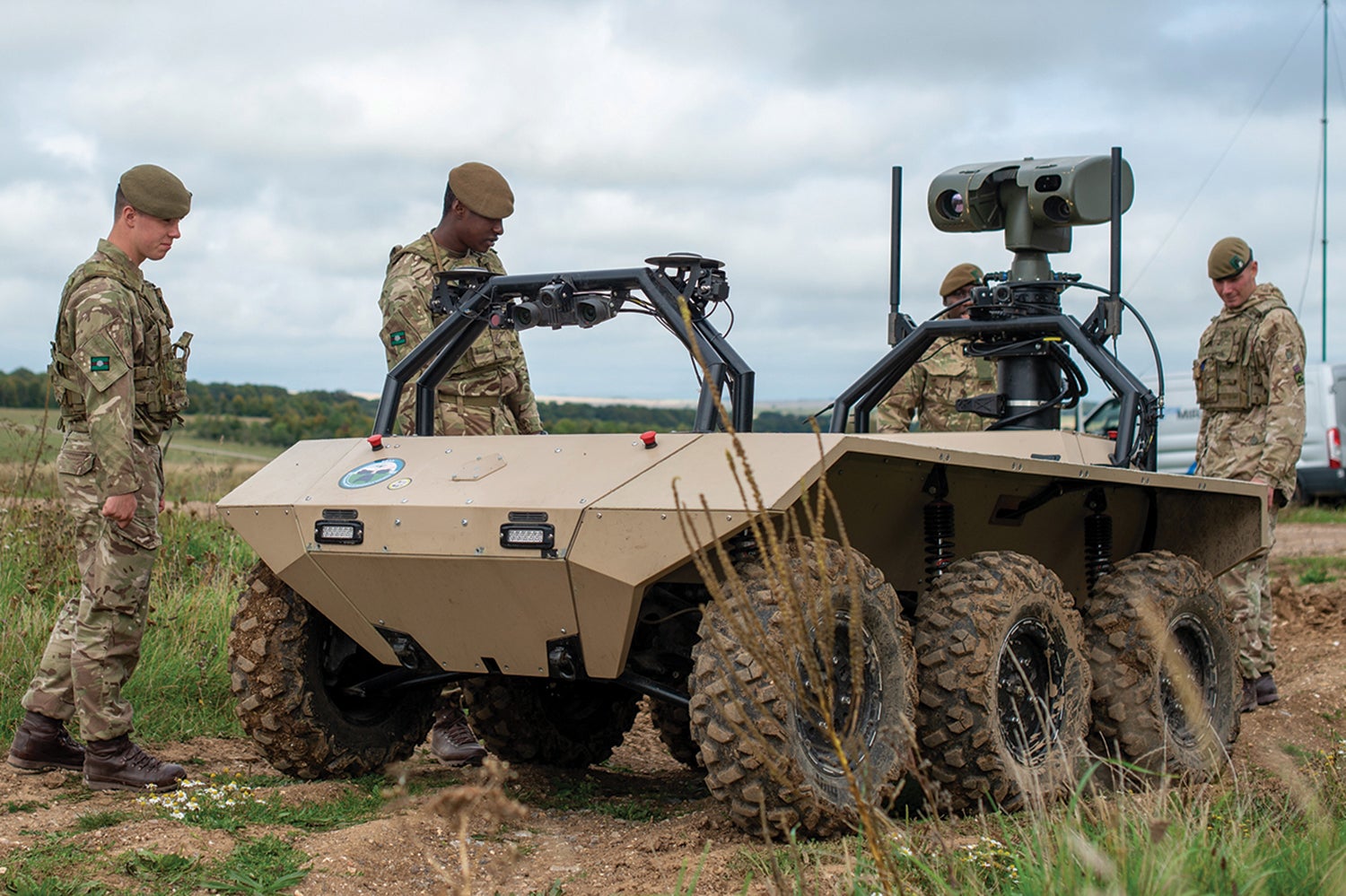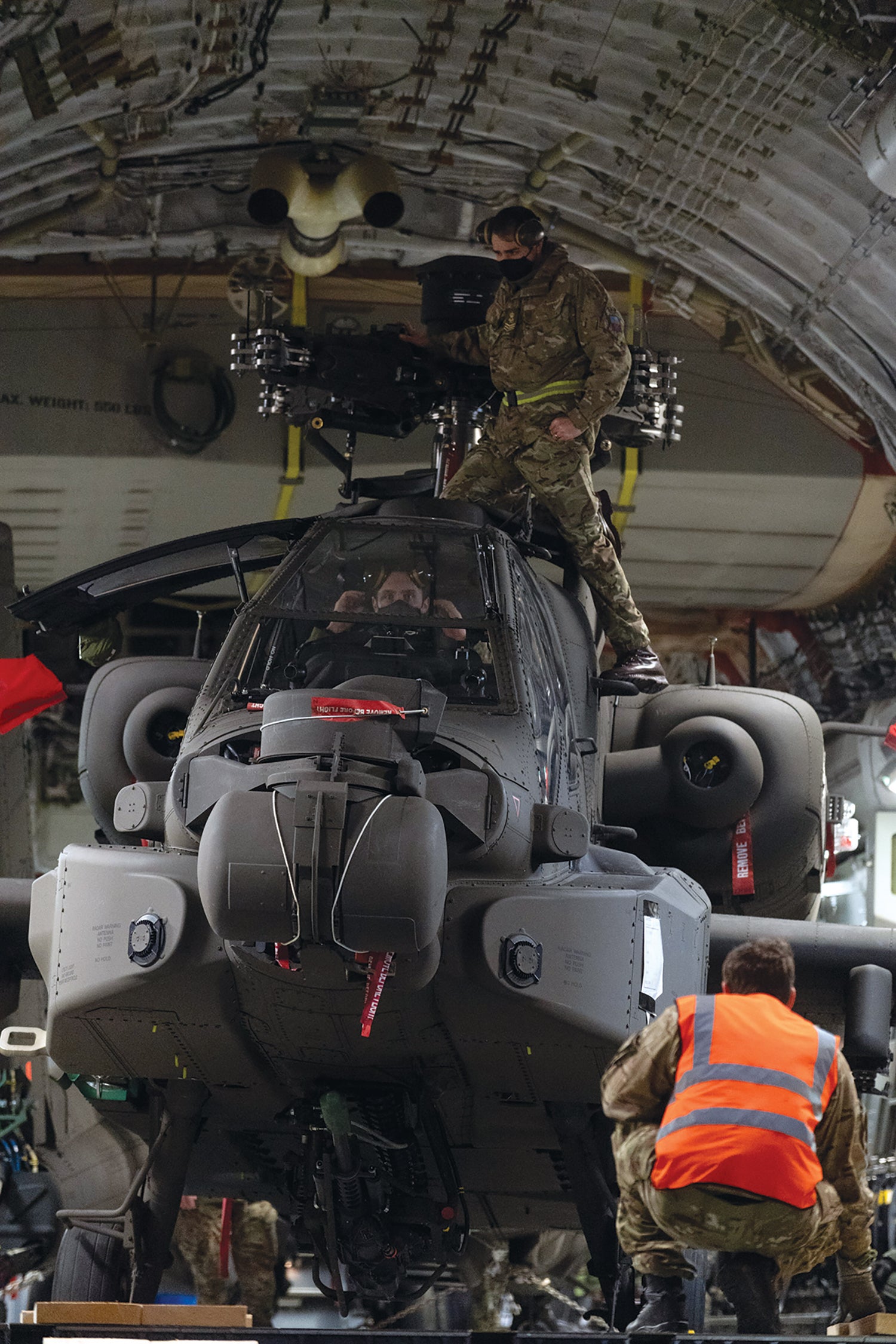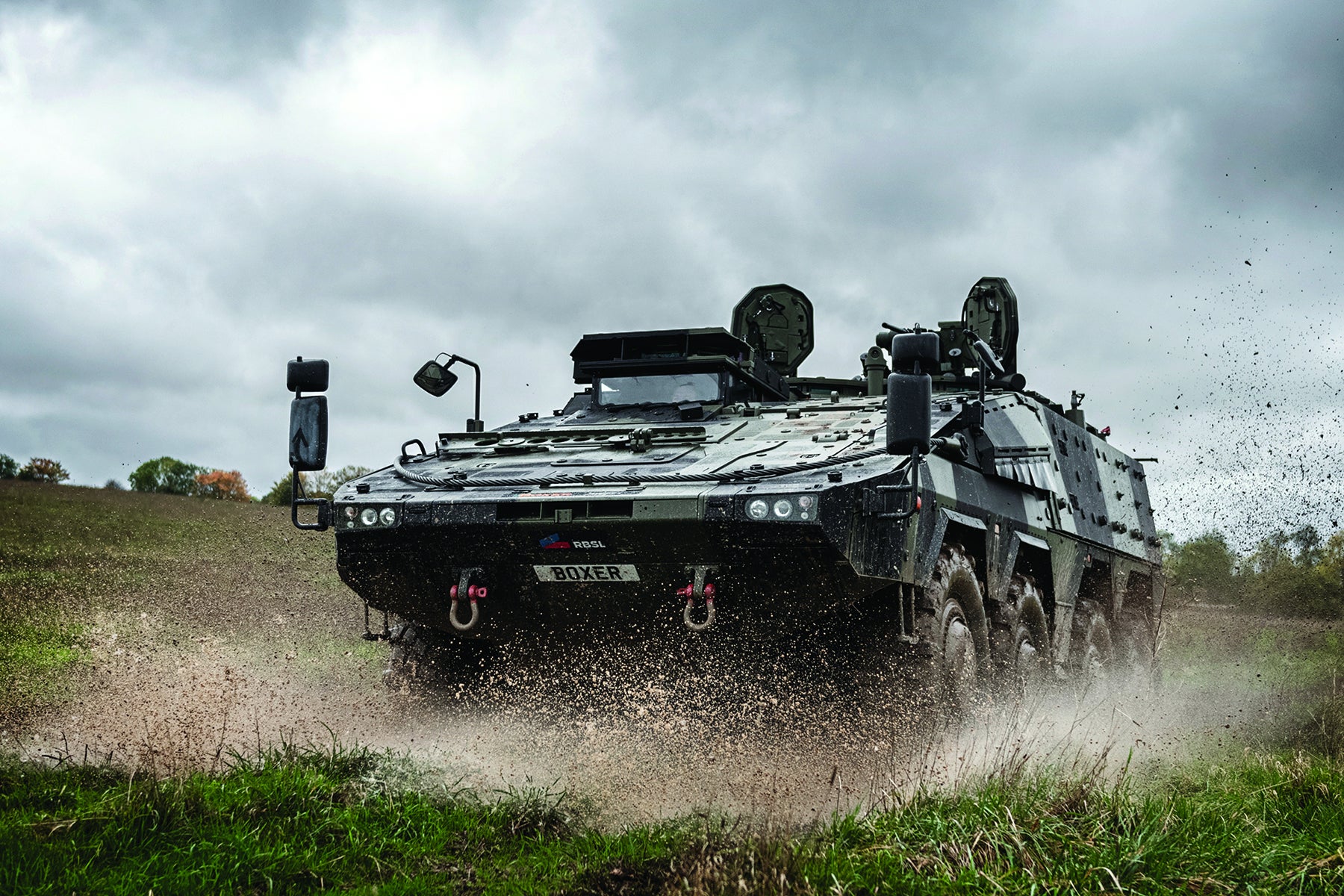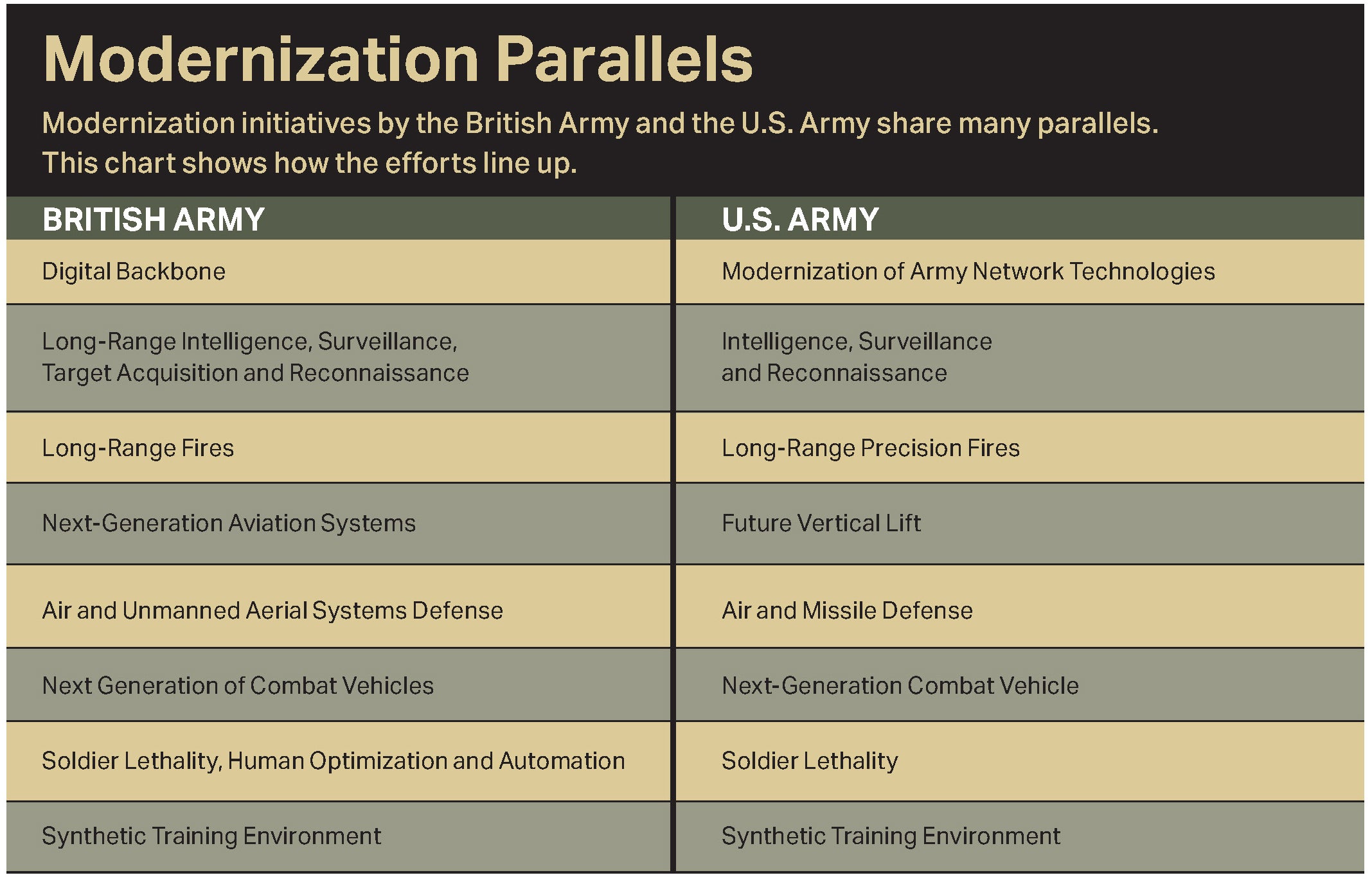I'm on the fence, I'm not in total disagreement, or agreement, I have grappled with what the fix is for a while.... a born and bred finance officer is almost as out-to-lunch when it comes to "how things work in the Army" as a civilian, so at least if the civilian is a designated accountant they get one major aspect of the job
That said, there's no requirement for a CPA unless you're what, an FI-04 I believe? Most of our civilian finance positions are filled by people no more qualified... if you have a degree, you can be an FI-02 for sure, not sure about FI-03... FI-02 is the highest level of civilian finance position we have in 3 Div... of course, filled by former Majors because heaven forbid we bring in some outside perspective.
It's funny you chose the rank of Major... all of the Div Comptrollers are Majors and the Base Comptrollers are usually Majors. They can do an awful lot of damage at that rank, completely unchecked, before their inevitable promotion no matter how bad they've f'd things up.
A CPA in Edmonton can easily start at $150k as a financial controller (comptroller, different word, same meaning) in industry and eventually top out between $200k-250k once they're experienced in that role. An FI-04 tops out at $134k after 7 years. So if we're going to attract the proper quality of professional into the Div Compt and Base Compt roles to do the actual job properly, we'd probably need to replace the Major and make it an EX-02 position.... extrapolate that across the CAF, its a hard sell because the decision-makers thing everything is working relatively fine.... they don't know what they don't know.
We're quite simply trying to get blood from a stone.
Good luck.... the problem with telling people they are an expert is they start to believe it. If an audit partner from KPMG told them how an accounts payable cycle is supposed to work they'd say "oh no, that's not how we do things." They've got experience, didn't you know?
Anywho, I guess my point was, you can restructure who controls what when it comes to bases, it isn't going to fix anything. Money makes the world go round especially when it comes to institutional support and so if you can't control/understand the money, you can't really fix the problems.


